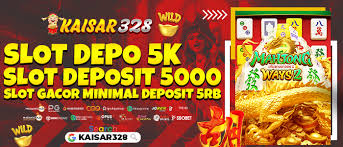The Joker card, often considered the wild card in many card games, carries a rich history and multifaceted significance that goes beyond mere gameplay. Originating in the United States during the 19th century, the Joker has evolved into a symbol of jokercard.ca balance, chaos, and creativity.
Historical Background
The Joker was first introduced in the 1860s as a trump card for the game of Euchre. Initially known as the “best bower,” it was designed to be a powerful card that could win against any other. The Joker eventually found its way into various card decks, becoming a staple in games like Poker, Rummy, and Canasta.
Over the years, the design of the Joker has transformed, reflecting cultural influences and artistic styles. Traditionally, it features a jester or fool, with vibrant colors and whimsical patterns. This design choice signifies the Joker’s role as a trickster, embodying a spirit of playfulness and surprise.
The Role of the Joker in Card Games
In many games, the Joker serves as a wild card, allowing players to substitute it for any other card to create a winning hand. This flexibility adds an element of strategy and unpredictability to gameplay, as players can leverage the Joker’s power to outsmart opponents.
In games like Poker, the use of Jokers can vary. Some variants allow for one or two Jokers in the deck, while others may exclude them entirely. The presence of the Joker can significantly alter the dynamics of the game, encouraging players to adapt their strategies based on its availability.
Symbolism and Cultural Significance
Beyond card games, the Joker has permeated popular culture, symbolizing chaos and duality. The character of the Joker has been depicted in various forms of media, most notably in comic books and films. Often portrayed as a villain, the Joker embodies madness, cunning, and unpredictability. This portrayal highlights the darker aspects of human nature, presenting the Joker as a figure who thrives on chaos.
Moreover, the Joker’s dual nature resonates with themes of transformation and identity. In many interpretations, the Joker represents the idea that beneath a playful exterior can lie a complex, sometimes troubled individual. This complexity invites deeper reflection on the nature of humanity and the masks people wear in society.
Conclusion
The Joker card, with its rich history and cultural significance, transcends its role in card games to become a symbol of versatility, chaos, and creativity. Whether used as a wild card in gameplay or as a metaphor in popular culture, the Joker continues to captivate and intrigue, reminding us of the unpredictability of life and the importance of embracing the unexpected. As we shuffle our decks and engage in games, the Joker stands as a reminder that sometimes, it’s the wild cards that lead to the most memorable moments.


